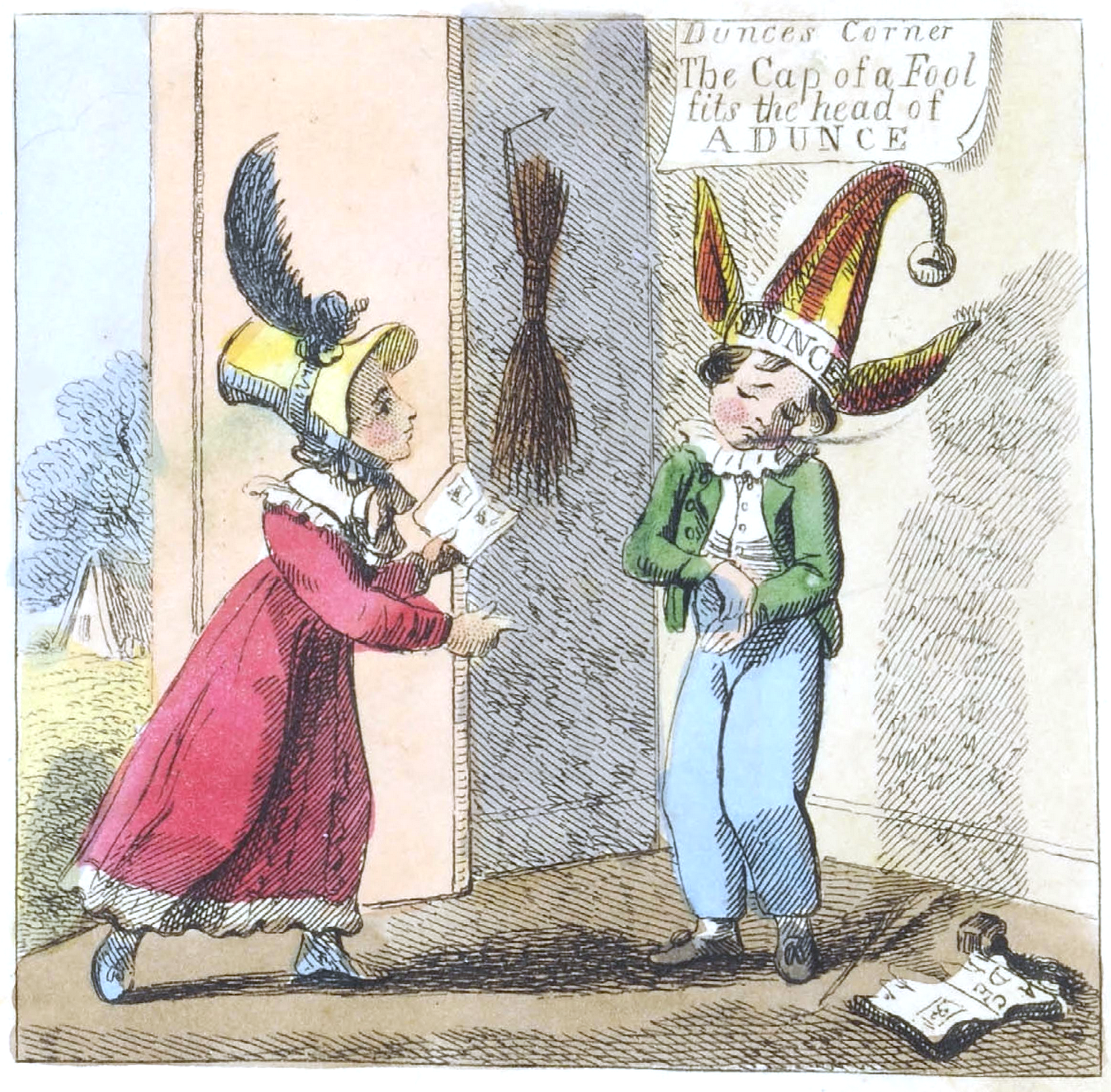What’s in a name? More people than you may expect

New words enter the English lexicon in all kinds of ways. They may originate in slang, migrate in from other languages, expand from regional dialects or even morph from brand names into general terminology (e.g. Kleenex, Xerox, Jell-o, Band-Aid, and Google as a verb). Some transition from the name of an inventor or researcher into official words. Most of us know of the watt, joule, volt, tesla and newton, and of course pasteurization.
Other familiar words like mausoleum and decibel also come from personal names that wormed their way into standard vocabulary, with a metamorphosis so hidden by history that few English speakers even realize their origins. Some of these stories are simply surprising, but others are pretty darn funny. Take these, for example…
- Boycott –The form of protest known as a boycott is named after Captain Charles C. Boycott, a 19th century English land manager who was widely regarded as kind of a jerk. He handled rentals for the property owner, the Earl of Erne, and evicted hapless farmers who couldn’t meet the steep rental fees. This led to protests by the community (complete with manure-flinging!) and caused Boycott and his employees to become pariahs. Eventually nobody was willing to work his lands or even sell him food. He ended up visiting the U.S. under the name Charles Cunningham, but his desire for anonymity failed spectacularly. American newspapers published the whole sordid story and since that day we use his name to describe an organized refusal to support a brand or country with our money. Which, if you really think about it, is probably preferable to flinging poo.
- Nicotine – It’s the most addictive substance in tobacco but it’s named after a French diplomat who neither discovered it nor saw it growing in its native land. Jean Nicot served as France’s ambassador to Portugal during the mid-1500s, which is where he ran across the newly introduced tobacco plant. Nicot shipped off some seeds to his team in Paris, where the plant was so well received it launched an enduring national snuff addiction (snuff in this context being snorted tobacco rather than a particularly unpleasant variety of porn). When Linnaeus created his famous taxonomy system a couple of centuries later, he named the plant after Nicot. To this day, the French love their tobacco and all varieties of the tobacco plant remain part of the species Nicotiana.
- Dunce – Modern pedagogical approaches no longer include making poor students sit in the corner wearing dunce caps, but we still know what a dunce is. Turns out, the term comes from a really smart guy’s name! John Duns Scotus was a theologian, linguist and philosopher who earned wide respect as a great thinker – a 13th century thought leader, if you will. Scotus had a thing for pointy hats, believing they helped wisdom and knowledge flow from the universe into human brains. His followers wore them and soon the hats became a symbol of intelligence. But schools of thought, like trends in haberdashery, evolve over time. In the mid-1500s, Scotus’ metaphysical theories fell out of popular favor and those who adhered to his ideas, the Duns, gained a reputation as intellectually inadequate. From there, it was only a short step to the iconic dunce caps generations of academic underperformers wore with shame.
These are a few of my favorites, but a surprising number of familiar words share similar origins. A future blog post will explore more of these fun stories and I’m sure there are plenty I don’t know, too. If you’ve got the inside scoop on names that double as words, please share them with me!


